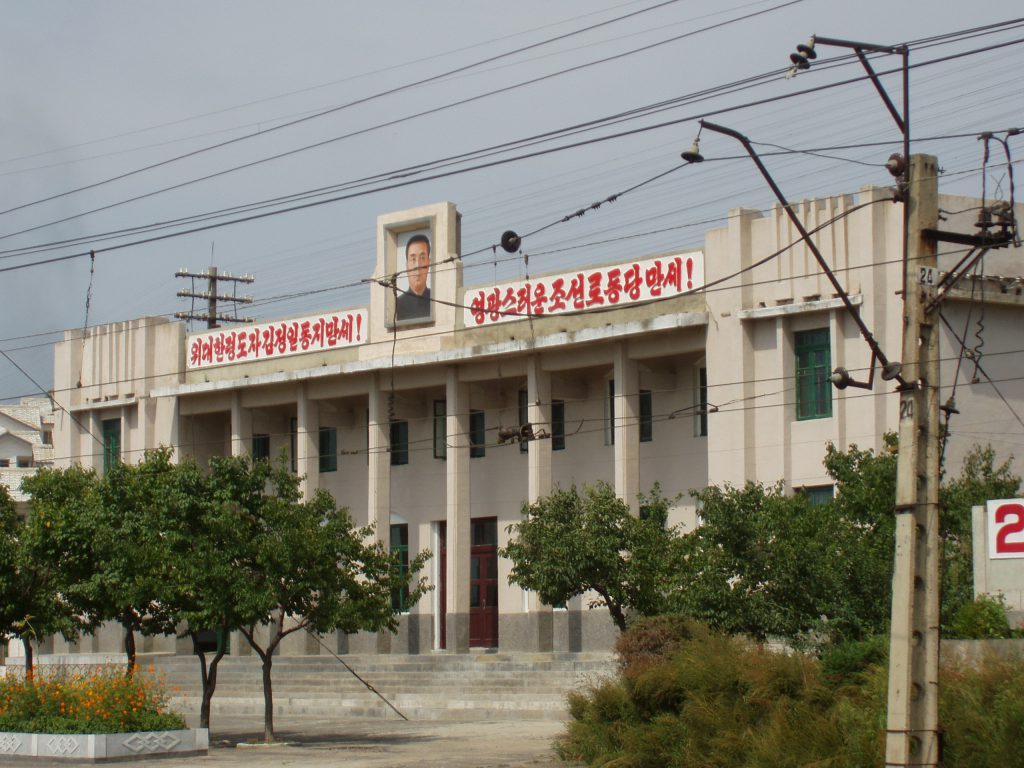On 11 January 2021, the United Nations High Commissioner for Human Rights Michelle Bachelet published her report Promoting accountability in the Democratic People’s Republic of Korea, in which she observed the human rights situation in North Korea seven years after the Commission of Inquiry’s 2014 assessment. This landmark seven-year-old report revealed the horrifying and exhaustive list of crimes against humanity occurring under the North Korean regime, including extrajudicial killings, imprisonment, forced labor and slavery, physical torture, sexual violence and rape, enforced disappearances, forced abortion, and persecution.
High Commissioner Bachelet also recognized the concerns of the Special Rapporteur on the situation of human rights in the Democratic People’s Republic of Korea, Tomás Ojea Quintana, who has repeatedly highlighted over the past few years that “there had been no signs of improvement or progress in advancing justice and accountability for human rights violations”.
“Despite those continued calls for accountability, other political priorities with respect to the Korean Peninsula over the course of the reporting period have decreased emphasis by the international community on pursuing accountability for human rights violations in the Democratic People’s Republic of Korea. The last time OHCHR was invited to brief the Security Council on the situation… was in 2017. Accountability for human rights violations… and ending the cycle of impunity are imperative, not only to pursue justice and deter future violations, but also to achieve sustainable peace and stability on the Koran Peninsula.”
High Commissioner Bachelet reveals that in late September 2020, OHCHR sent an official diplomatic note to the government of North Korea, inviting them to provide information on what steps – if any – they have taken to address the High Commissioner’s 2019 report to the Human Rights Council; unsurprisingly, the North Korean government responded that they had rejected the report and its findings.
Regardless of the DPRK government’s rejection for collaboration on human rights improvement, the OHCHR has continued its investigative efforts, having conducted interviews with defectors, missions to Japan and South Korea to investigate North Korea’s accountability measures for abductions of Japanese and Koreans, studying the reports of civil society organizations, and maintaining and “evidence repository” with upwards of 4,000 documents. The Office hosted an October 2020 discussion with Special Rapporteur Quintana on the topics of criminal accountability, universal jurisdiction, victim-centered justice, and more.
Through OHCHR’s consistent investigation and monitoring of human rights in North Korea, they made the following important findings and expressed them in their 2021 report:
- “Women are also more at risk than men of being trafficked into neighbouring States for the purposes of forced marriage and sexual or labour exploitation.”
[NOTE: In January 2021, Jubilee Campaign submitted a written contribution to Special Rapporteur Quintana for his upcoming report to the United Nations Human Rights Council 46th Session to take place in March 2021. In our report written contribution, we raise specific statements from the Commission of Inquiry 2014 report and address how such issues remain current major social problems in the DPRK by offering recent and relevant statistics, surveys, and qualitative data from defectors and civil society organizations. The issue mentioned in the above paragraph, notably the human rights violations that face North Korean women in particular, is one of the main topics of our report. Please also see Human Rights Watch’s 2018 report You Cry at Night but Don’t Know Why and Korea Future Initiative’s 2019 report Sex Slaves: The Prostitution, Cybersex & Forced Marriage of North Korean Women & Girls in China]
- “OHCHR has received information which may suggest some improvement in the treatment of detainees in the ordinary prison system in recent years.” However, no new evidence exhibits that the DPRK has ceased its “systematic and widespread attack[s] against people considered a threat to the country’s political system and leadership, including people who practise religion….”
[NOTE: For more information on North Korea’s persecution of people of faith, please take a look at Korea Future Initative’s 2020 report Persecuting Faith: Documenting religious freedom violations in North Korea. Please also consider viewing Open Doors’ November 2020 North Korea Country Dossier.]
- “It appears that members of the population are systematically imprisoned without due process and are subjected to harsh treatment for exercising basic human rights. While in detention, escapees are intentionally subjected to physical and mental suffering….”
- “Beatings, stress positions, psychological abuse, forced labour, denial of medical care and sanitation and hygiene products, and starvation all combine to create an atmosphere of severe mental and physical suffering in detention, exacerbated by extremely poor living conditions.”
[NOTE: For more information of the crimes against humanity and human rights violations perpetrated in North Korean detention centers, please see OHCHR’s 2020 report “I still feel the pain…”: Human rights violations against women detained in the Democratic People’s Republic of Korea, and Human Rights Watch’s 2020 report “Worth Less Than an Animal”: Abuses and Due Process Violations in Pretrial Detention in North Korea.]
- “Analysis of available information continues to confirm that there are reasonable grounds to believe that crimes against humanity have been committed and may be ongoing in the Democratic People’s Republic of Korea.
Cover image by llee_wu on Flickr (CC BY-ND 2.0)

